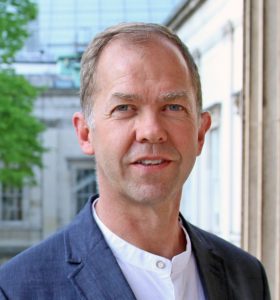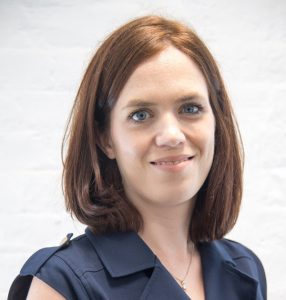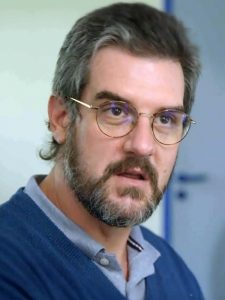
Professor Peter D Lee, UCL Mechanical Engineering
The Chan Zuckerberg Initiative (CZI) has awarded $1m (£750,000) to a team from UCL and the European Synchotron Radiation Facility (ESRF), as part of a global initiative to advance deep tissue imaging to provide new insights into health and the nature of diseases such as COVID-19.
Professor Peter Lee (UCL Mechanical Engineering) and Professor Rebecca Shipley (UCL Institute of Healthcare Engineering) together with Dr Paul Tafforeau (ESRF) are leading the imaging research project, which will enable cellular-level imaging anywhere in whole organisms, including human organs.
The imaging will provide new insights into our health and the nature of diseases. Results from feasibility studies have shown that it can reveal damage caused by Covid-19 on human lungs in unprecedented detail, offering more information on the effects of the virus.
Professor Lee explained: “Being able to see within our intact bodies to capture dynamic processes with cellular resolution will also help us to overcome a wide range of challenges, such as understanding how osteoarthritis affects our joints or understanding infection in disease.”

Professor Rebecca Shipley, (UCL Institute of Healthcare Engineering)

Dr. Paul Tafforeau (ESRF)
The technique, a transformational x-ray tomography technology, should be able to scan a whole human body with a resolution of 25 microns, thinner than a human hair and twenty times the resolution of a CT scanner.
It will also allow localised scanning with micron resolution, at five hundred times the resolution of a
CT scanner. This offers the potential to further our knowledge of how disease affects organs and their deep tissue.
The project aims to make significant breakthroughs in areas including x-ray optics, detectors and hierarchical correlative image-reconstruction algorithms.
The initiative is an international interdisciplinary collaboration between scientists and mathematicians at UCL and ESRF, with clinicians at Hannover-biobank, Mainz and Heidelberg.
The Chan Zuckerberg Initiative was founded by Dr Priscilla Chan and Mark Zuckerberg in 2015. It aims to leverage technology to help solve some of the world’s biggest challenges, from eradicating disease to improving education and reforming the criminal justice system.
Links
Media contact
Kate Corry
Tel: +44 (0)20 3108 6995
Email: k.corry [at] ucl.ac.uk
 Close
Close




